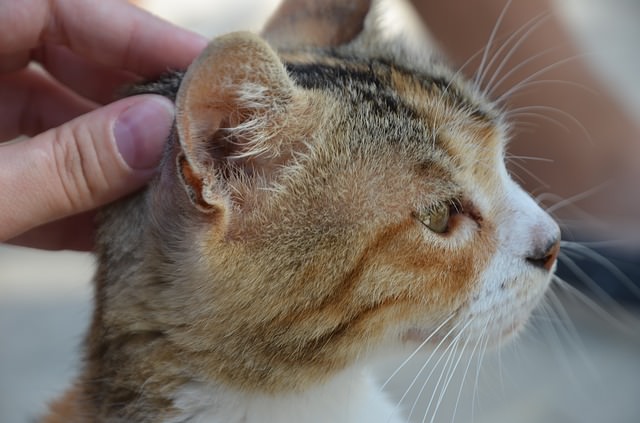Most diligent pet parents would never give their companions medications or products meant for humans, unless advised by a vet.
But what happens when your feline gets exposed to a product you used on yourself – and the symptoms are potentially deadly?
According to an alert posted by FDA, five cats developed life-threatening symptoms after their owners used a topical pain relief cream containing the nonsteroidal anti-inflammatory drug (NSAID) flurbiprofen. Sadly, three of them passed away.
The scariest part is that the pet parents didn’t mistakenly use the products on their cats; they had applied it on themselves (specifically on their necks or feet). Still, the cats had enough contact with the product to suffer serious side effects.
The FDA announcement reads:
Two cats in one household developed kidney failure and recovered with veterinary care. Two cats in a second household developed signs that included reluctance to eat, lethargy, vomiting, melena (black, tarry, bloody stools), anemia, and dilute urine. These two cats died despite veterinary care. A third cat in the second household also died after the owner had stopped using the medication. Veterinarians performed necropsies on the three cats that died and found evidence in the kidneys and intestines that were consistent with NSAID toxicity.
Read the full announcement here.
Flurbiprofen is an ingredient used in both oral and topical medications and can be used to treat a variety of symptoms including back pain, arthritis, sciatica, and much more.
It’s recommended that cat owners read the ingredients on their medicinal products and be sure to keep at a distance from their felines when using topical creams containing flurbiprofen. To be extra cautious, they can talk with their doctors about alternative treatments or products. Likewise, any oral tablets should remain out of pets’ reach in case they’re tempted to ingest the candy-coated pills.



